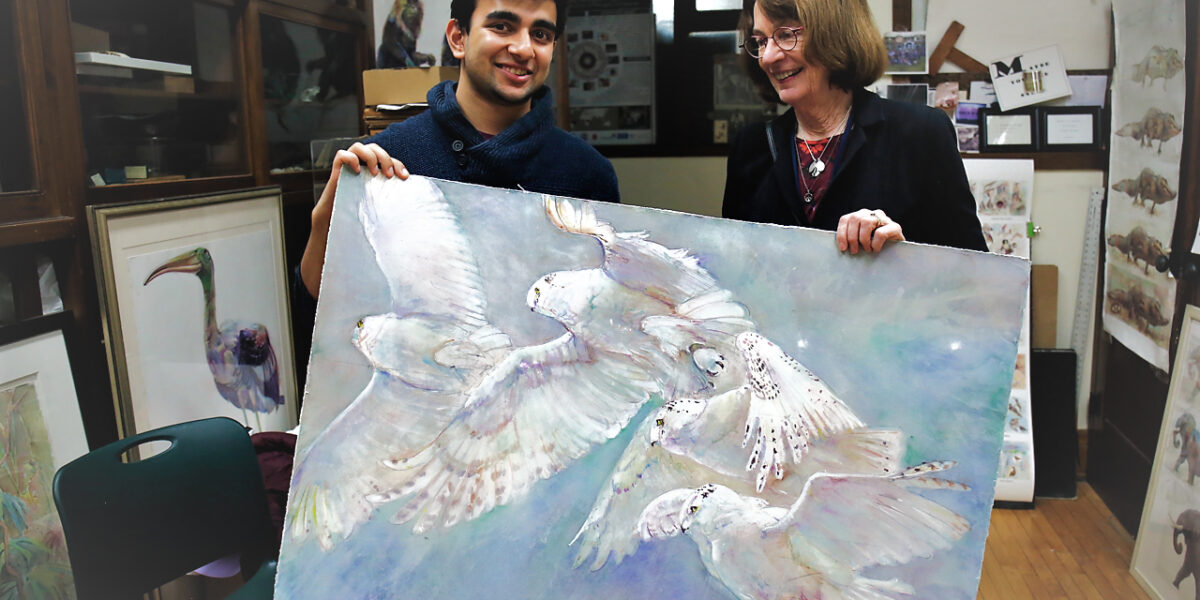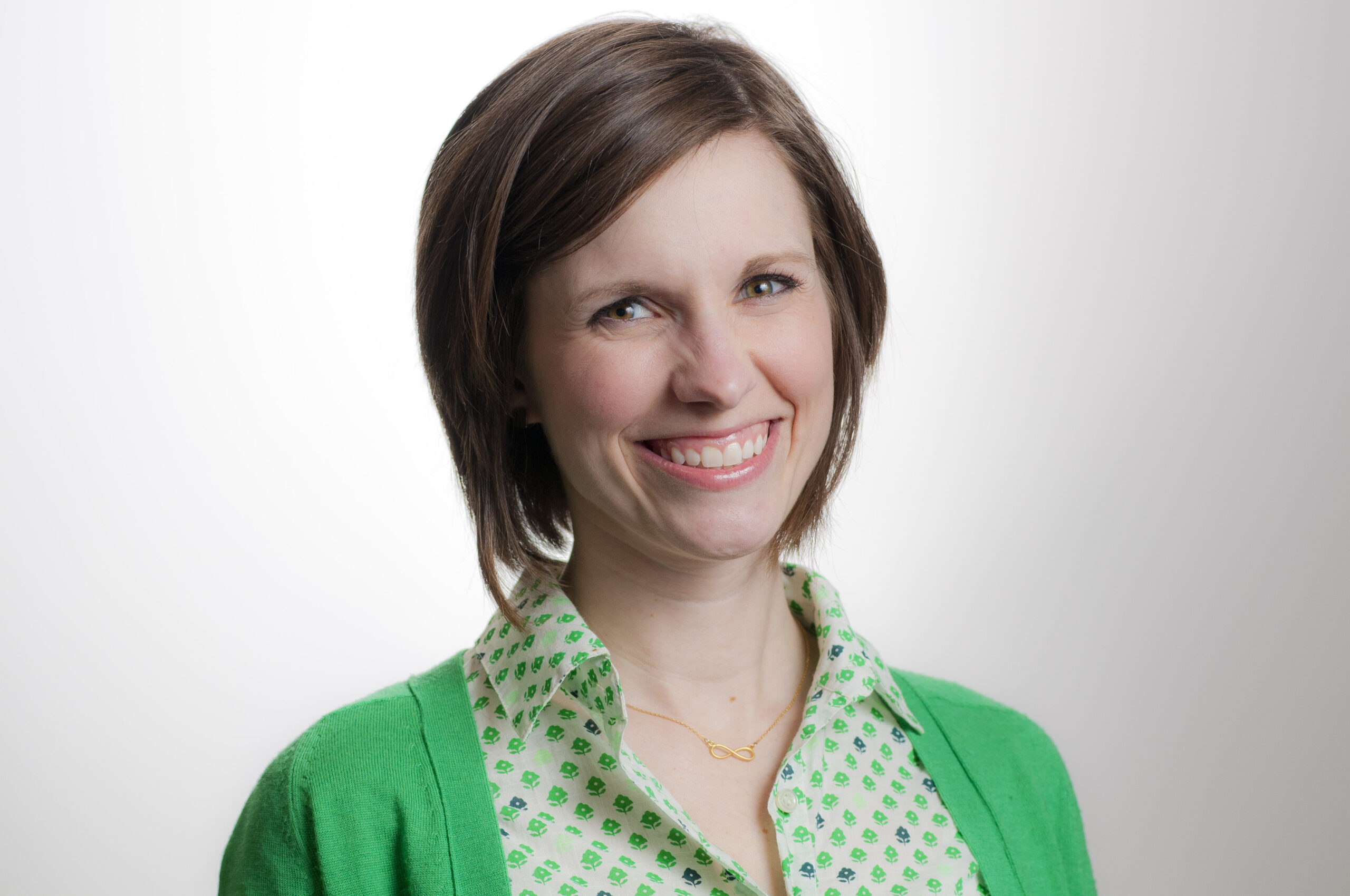BERLIN, Ohio (Mennonite Mission Network) — It’s all too easy to compartmentalize life sometimes. Like a recycling center, we tend to put our work ethic in one bin, our Christian faithfulness in another bin, and our leisure time in yet another bin.
But what happens when our lives can’t be separated like recycling? When a faithful response to Christ affects how we act in every aspect of our lives?
At Mennonite Mission Network, we believe that everyone should care for creation, but some are called to the vocation of creation care. Here are some peeks at creation care service placements and how you can become involved:
- In Hokkaido, Japan, Menno Village is a Christian community that seeks to educate and provide locally grown food through "community supported agriculture." The recent Youth Venture and SOOP site uses traditional Japanese agricultural practices, including relay cropping (growing more than one crop on the same land) and recycling local nutrients from chicken manure, forest products, and even organic waste from a tofu factory!
Organic food from Menno Village connects urban and rural worlds together — even when families don’t have equal means to pay. A sliding-fee scale makes organic food a reality for everyone. "Organic food isn’t only for the wealthy," Ray Epp said in an interview with the Rodale Institute. Epp and his wife, Akiko Aratani, work for Mennonite Mission Network.
As Epp and Aratani strive to care for creation, they also care for the community. That’s why they also hold morning prayers and a neighborhood Bible study, a rarity in Japan, where less than 1 percent of the population follow Jesus.
"There are all kinds of possibilities for the church to be involved in witnessing to Christ in the midst of the political struggles over food, land, and the ownership of life," Epp said in an interview with Mennonite World Review. "It is around the table that we share food. Practicing hospitality is a way to welcome the stranger - In Los Angeles, DOOR is sparking a new partnership with California Interfaith Power and Light (CIPL). The organization works with faith communities to educate and advocate for energy conservation and efficiency and for renewable energy sources. Elizabeth Leu, the director of DOOR LA, hopes to secure a service placement within the next several months.
- A Journey International participant would help start an urban garden in Iquitos and teach families how to grow healthy food, both to eat and to sell. "We’re sure that through cultivating the earth, God will bring blessings that would feed children and their families," said Moreno.
Iquitos, Peru, is surrounded by the Amazon River and its tributaries and is only accessible by river and air. Pollution, poverty and malnutrition are serious concerns for families, said Juan Carlos Moreno, the team mentor for the Journey International Peru team.
A Journey International participant will help start an urban garden in Iquitos and help families find ways to grow healthy food, both to eat and to sell. "We’re sure that through cultivating the earth, God will bring blessings that will feed children and their families," said Moreno.
Young adults with interest can find out more through the Journey International program. - At the Bureau of Land Management in Anchorage, Alaska, Sam Hatch volunteers with Service Adventure to help tend public land. His work varies each week, including trail maintenance, and teaching children at the Campbell Creek Science Center. This year Hatch even helped set up for the Iditarod, an annual thousand-mile sled-dog race.
- The Madison Audubon Society serves the community through environmental education and advocacy. "We work on filling the needs of the underprivileged community in a sustaining way that would empower them to continue conservation efforts," said Mikhail Fernandes, a Mennonite Voluntary Service participant.
Fernandes works as a communications and outreach specialist, which allows him to have an office indoors and outdoors. Fernandes enjoys the hands-on work where he can visually see growth happen. The simple act of planting prairie seeds increases biodiversity that can be witnessed for many generations, he said.
"You don’t need to be an environmentalist to make a difference," Fernandes said. "Just learn to lead a modest lifestyle and find ways of sharing resources more efficiently. Carpooling or utilizing public transportation is an easy step to reducing your carbon footprint."
For Fernandes, the best part of his job is that dogs are allowed at work. He thinks every environmental organization should be inclusive of "Paw-ternity leave," as he calls it. "If humans learned to love the environment as much as dogs do, we would be living in a much healthier eco-system."








